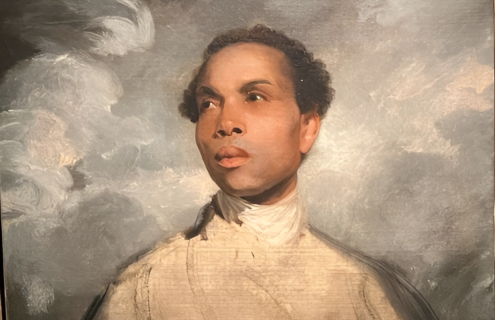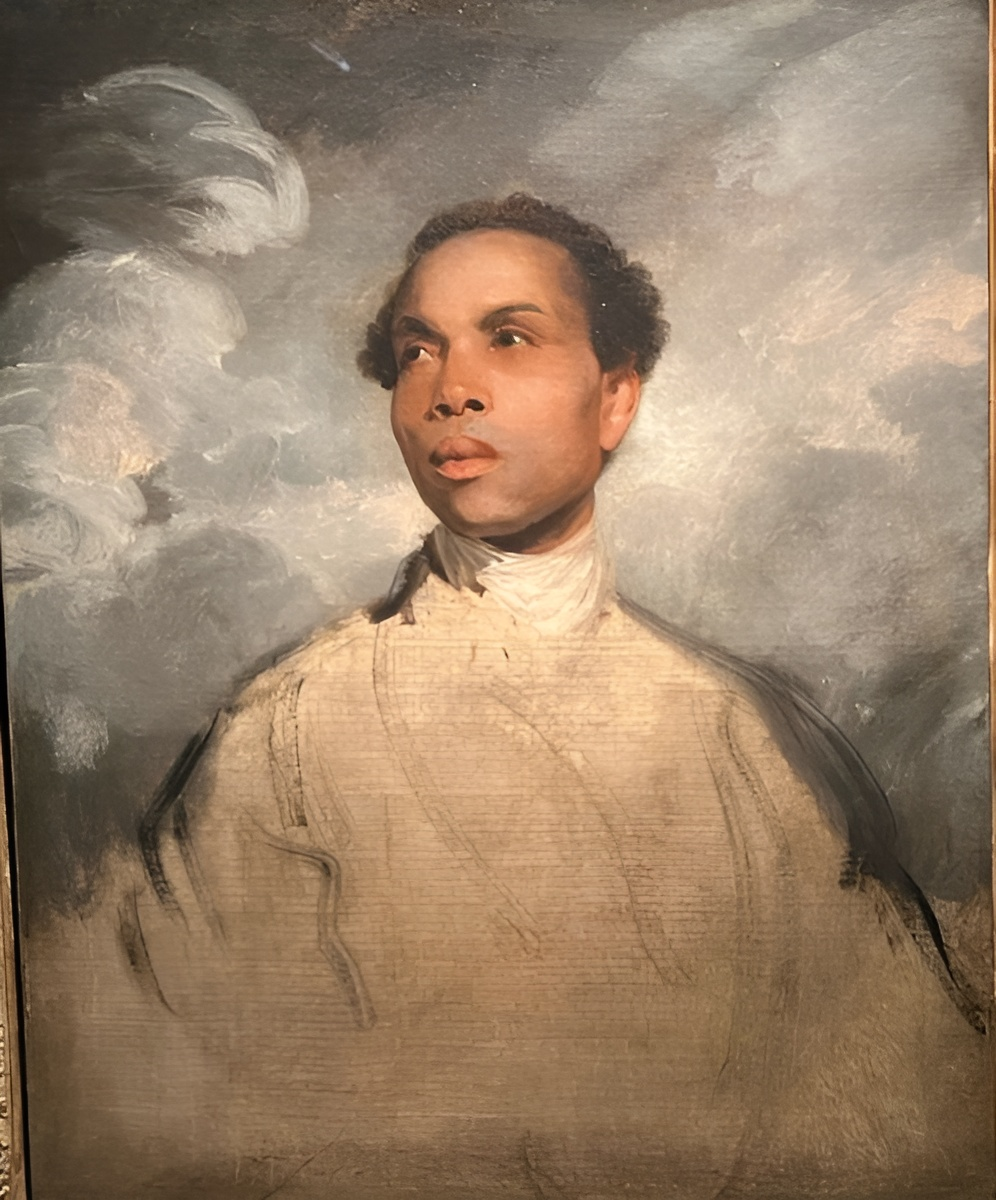Article

From Jamaican Slave to Literary Heir

Francis Barber (c.1735–1801): From Slavery in Jamaica to a New Life in England
Francis Barber’s life was anything but ordinary. Born into slavery in Jamaica, he ended up in London as a close friend and assistant to one of Britain’s most famous writers, Dr Samuel Johnson.
Early Life and Coming to England
Barber was born around 1735 on a sugar plantation in Jamaica. As a young boy, he was brought to England by the Bathurst family, who knew Samuel Johnson. In 1752, not long after Johnson’s wife died, Barber went to work in his home as a servant.
Living and Working with Dr Johnson
At first, Barber worked as Johnson’s servant. But over time, their relationship grew stronger. Johnson helped Barber get a proper education at Bishop’s Stortford Grammar School. Later, Barber helped Johnson with travel plans, letters, and his daily diary.
Barber often went with Johnson to Brighton to visit their friends, Henry and Hester Thrale, who lived at 64 West Street. Hester Thrale once described Barber as handsome “for a Black a moor”, showing how people at the time viewed race.
Barber also spent some time in the Royal Navy during the Seven Years’ War (1758-1760). After that, he returned to Johnson’s home and stayed until Johnson died in 1784. Johnson left Barber a generous gift in his will, including money every year, books, and his watch, this was a big deal, as Black people were rarely treated equally at that time.
Life After Johnson
After Johnson died, Barber moved to Lichfield, the town where Johnson was born. He opened a shop selling cloth and married a local woman, Elizabeth Ball. They had several children and lived as a respected family in the local community. Barber stayed in Lichfield until his death in 1801.
Why His Story Matters
Francis Barber’s life shows that Black people were present and active in 1700s Britain. His close friendship with Dr Johnson challenged the usual views about race and class during that time.
Today, Barber is remembered as an important figure in Black British history. His story helps us see the past more clearly and more fairly, by showing that Britain’s history is more diverse than many people think.




